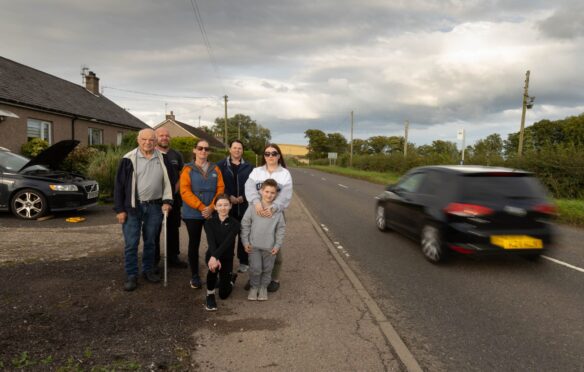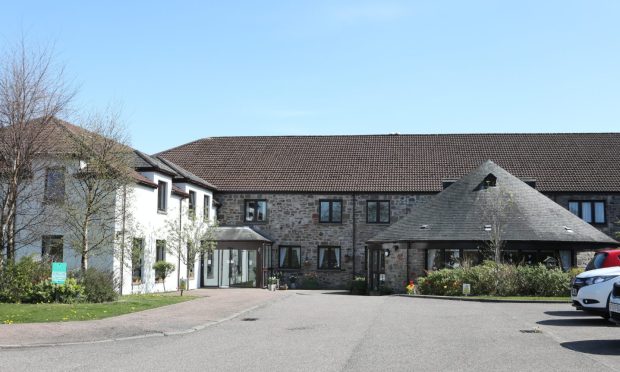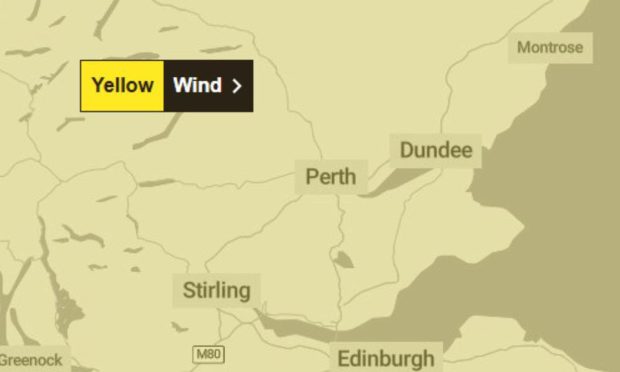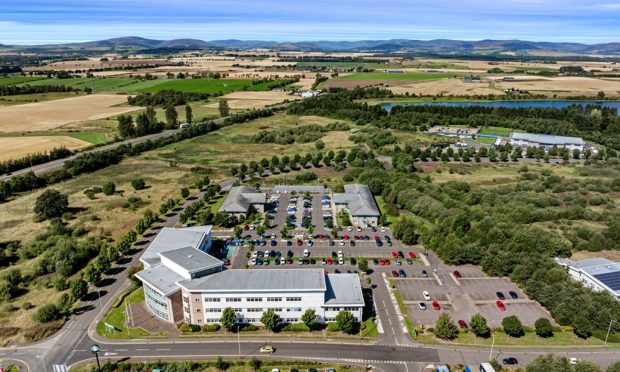Angus residents who work outside the area are pocketing £80 a week more than those employed locally in a widening pay gulf affecting the county.
Despite pay packets growing fatter in the past decade, there is growing evidence residents are commuting out of the area to higher paid posts – bringing with it a warning Brexit uncertainty and a so-called brain drain may have a further impact.
The report compiled by Angus economic development chiefs reveals while residence-based wages for Angus people are fairly close to the national median, between 2008 and 2017 workplace-based wages in Angus have been “significantly” lower.
While the Scottish rate has grown year-on-year, Angus has experienced fluctuations which culminated in a 2016/17 dip which saw the average gross weekly figure fall from £475.10 to 460.40. The Scottish figure for 2017 was £547.
In a report to go before councillors on Tuesday, Angus Council strategic policy, transformation and public sector reform director Vivien Smith said the latest data clearly showed that people who work in Angus can expect to receive less pay than those who work outwith the area.
“The higher average earnings of full-time workers living in Angus compared to those whose job is based in Angus suggests that many commuters are travelling to higher paying jobs located elsewhere,” adds the report.
“Measures to rectify this can be difficult to implement. Wages paid in other areas are difficult to influence and inward investment campaigns can only help to redress the balance some extent.
“The underlying cause of the differences is due to the sectoral structure of the local economy. In Angus, factors to be taken into account are the high levels of seasonal work present in the agricultural and food processing industries, and the high prevalence of work in the traditionally lower paid manufacturing and retail sectors.”
She adds: “The UK-wide labour market is in an uncertain position until the Brexit negotiations are concluded and the impact strikes.
“The increasing prominence of knowledge-based and service sector industries means that lower numbers of graduates in the workforce may become increasingly problematic for future business development in Angus.
“Consequently this means that as the importance of technology declines, to some extent, the importance of the physical location of a business, and access to higher levels of qualified and trained labour become increasingly important.
“Wage rates are a key part of this. Action will need to be taken to close the wage gap between Angus and other areas.
“Inward investment campaigns, measures to promote the key economic sectors such as food and drink, tourism, manufacturing etc, attracting external funding for local businesses and community groups, supporting the development of a strong rural economy, and working with local businesses to create the right economic environment for inclusive growth are all key to this,” states the official.
Forfar Conservative councillor Braden Davy said: “It must be our ambition to ensure high skilled workers choose to live and work in Angus.
“We have great assets across Angus, and a manufacturing sector delivering twice the level of jobs for Angus than Scotland-wide.
“These are huge assets we need to build upon and ensure as a council we focus on delivering good jobs, good infrastructure, good schools and the right business environment to make Angus a go to destination for businesses and people.”










